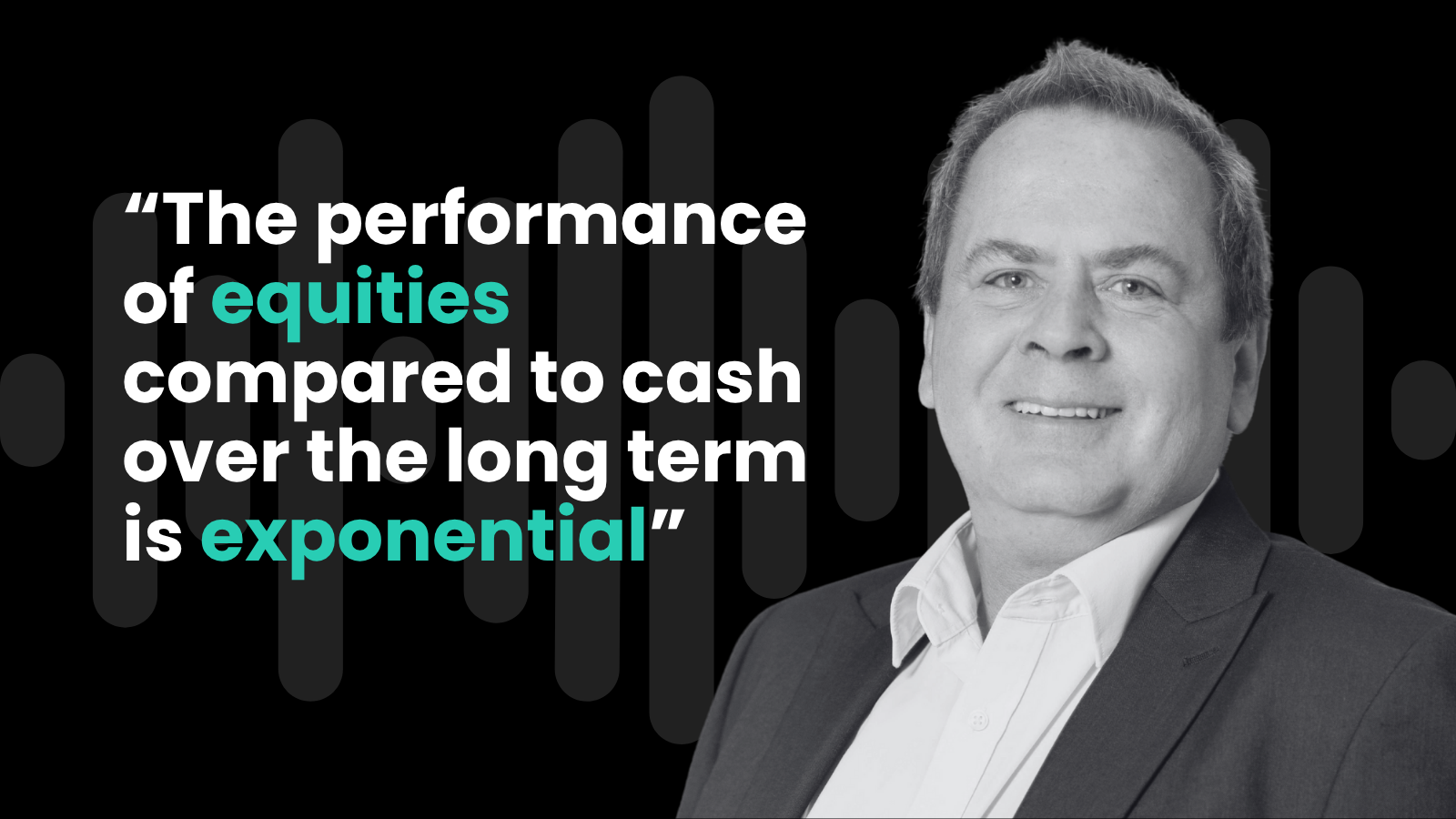There has been a marked change in sentiment regarding the US equity market over the last few months, writes Julian Wheeler, a partner and US equity specialist at Shard Capital.
Whilst being ‘fearful’ is sometimes a good state to be in, particularly when others are ‘greedy’, as the great Warren Buffett has famously said many times, three indicators which drew my attention recently are, in ascending order of concern:
1. President Trump and his tariffs
The first one gets the most attention thanks to constant publicity – President Trump, his tariffs and China. It is becoming abundantly clear that China is not going to be bullied into backing down since they hold as many good cards as the Americans.
Although the market recently had its largest one-day decline since April on the day of another blast of bombast from the Oval Office, the ‘Cry Wolf’ and ‘TACO’ assumption of anything Trump says means that equilibrium was once again restored the following day. Since a full out trade war between the USA and China is the economic equivalent of ‘Mutually Assured Destruction’, I just cannot envision it occurring. It does, however, represent an overhang for a stock market breathing thin air at high altitude.
2. Investor giddiness and Open AI
Second is the sentiment of investor giddiness that now accompanies the announcement of any ‘deal’ or ‘partnership’ involving Open AI. This apparent certainty that Altman and his magic touch will turn everything to Gold has me sceptical, allied to the fact that what is being booked as future revenue relies on the perpetual continuation of an expensive Capex war.
- Beginners Guide to Indices
- Armchair Academy: Introduction to Equity Sector Futures
- Data vacuum to persist as US Government shutdown continues
- Equity bulls emerge from the shadows and the Gold rally is broadening
Worse still, in many cases there is no money changing hands but merely a swapping of equity stakes or vendor financing, thus entwining all the players together in one very queasy house of cards. The situation is reminiscent of Japan in the late 1980s, where the giant companies all ended up with cross holdings in each other. It is a reason to be fearful: it doesn’t mean the end is tomorrow. However, the contagion will be widespread when it comes to a crunch.
3. Credit and leverage
However, it is my third and final reason which has me most concerned about the stock market and risk assets in general. It is of course the oldest and most frequent cause of all downturns – credit and leverage, and the likelihood that one day we will once again realise that there is too much of it. Before Wednesday 8th October, I wouldn’t have mentioned it but that was the day that Jefferies (Wall Street’s sixth largest investment bank measured in market share in that core business) announced how much their asset manager had exposed to the First Brands bankruptcy. It turns out to be about 24% of their investment fund.
I am not suggesting for a second that they have done anything ‘wrong’ or ‘untoward’ but it represents a level of concentration that surely raises an eyebrow as to their attitude to risk management.
Further to the point, as Jamie Dimon (JP Morgan CEO) hinted at a week later, there is “rarely one cockroach in the kitchen” meaning there could be many more First Brand’s to be uncovered.
Within 48 hours, he was proved correct as two smaller regional banks announced significant bad loans, with allegations of potential fraud. Given the speed with which follow up cases came to light, I would suggest that this situation has been hiding in plain sight for some time now – and only when there is a problem does anyone bother to check.
Chuck Prince was chief executive at Citigroup in 2007. When asked about managing risk he said, “As long as the music is playing, you’ve got to get up and dance”. Indeed. The corollary of that is when the music stops, we move to the game of musical chairs – and the inevitability that someone is always left without anything to sit on.
Financial institutions of all flavours, banks, insurers, brokers, all rely on one thing more than any other: investor confidence. Without that, they go lower, much lower – and so does the market.


























